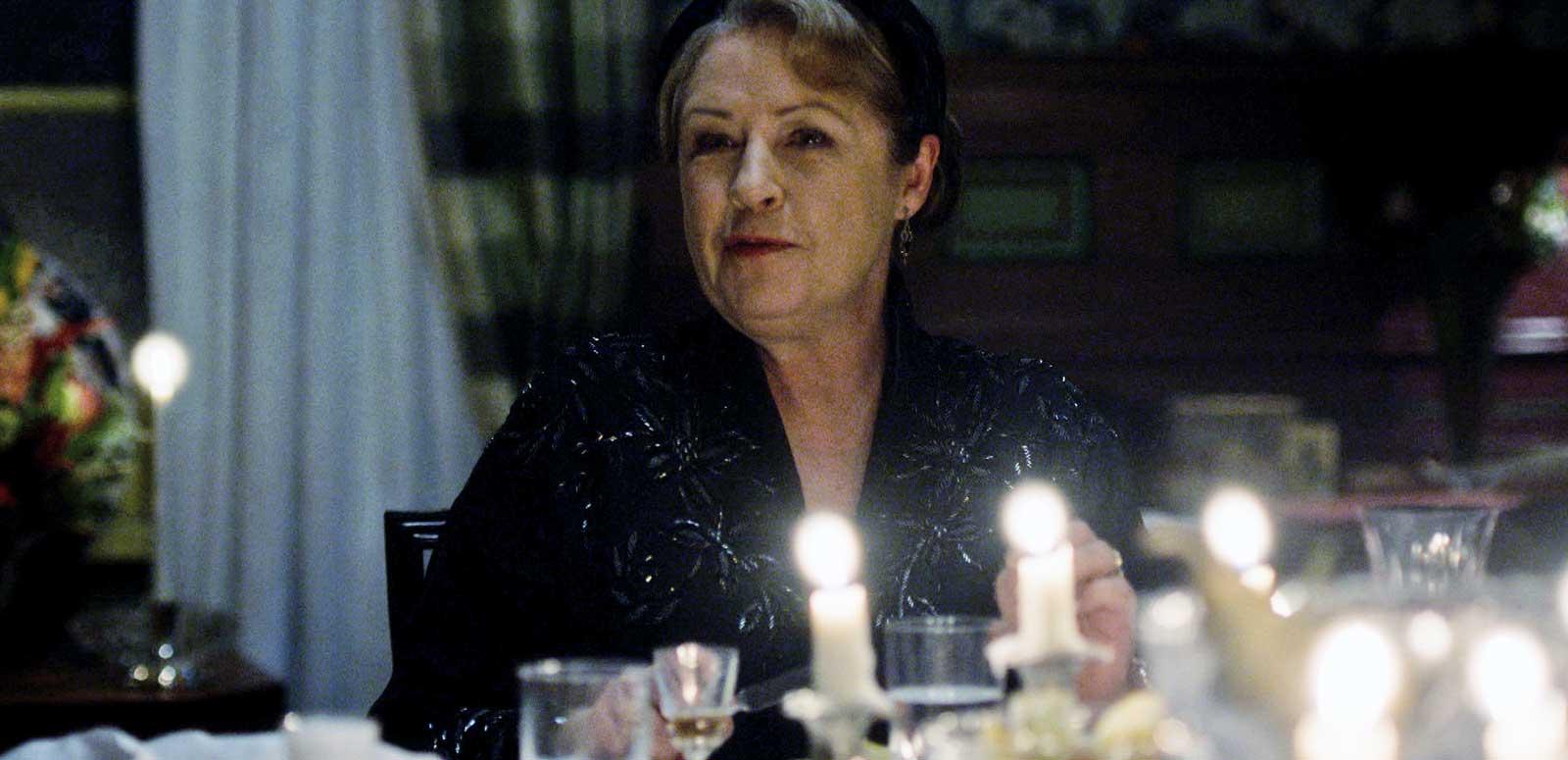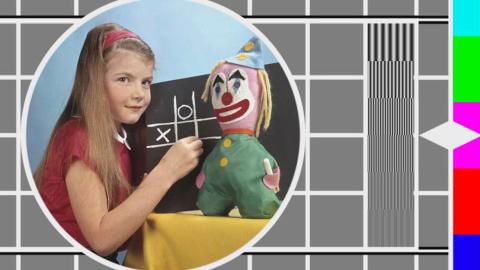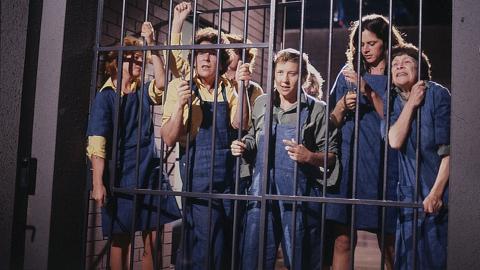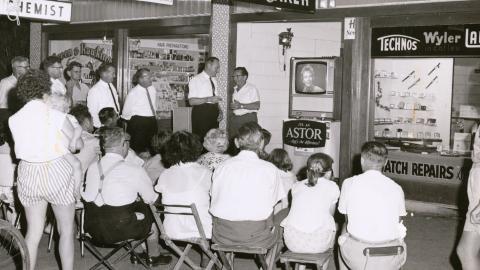Not all screen mums are saints. Some smoke, scheme, lie, drink, shout – and steal scenes. In this mums' gallery, we take a lighthearted look at the mean, messy and memorably complicated mums of Australian film and TV. Whether they’re terrifying crime bosses, glamorously indifferent narcissists, or just at their wits’ end, these matriarchs are a far cry from the sentimental stereotypes. Meet the screen mums you wouldn’t want to meet in a dark alley – or at a dinner party.




